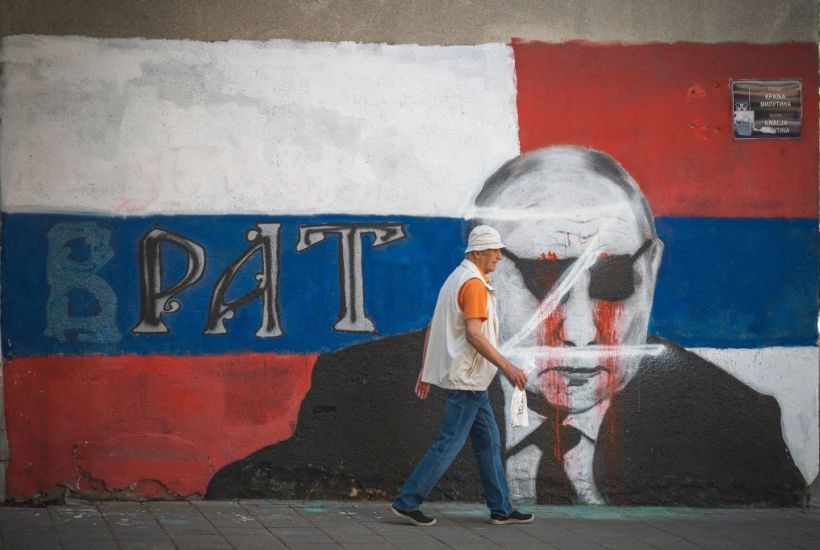It must be strange to be Russian and living in Serbia these days. On the one hand, Serbs are very welcoming. The country’s historic ties with Russia and their shared Orthodox faith means that most Serbs have been happy to see tens of thousands of Russians settling in their country since the start of the Ukraine war.
Already a subscriber? Log in
Subscribe for just $2 a week
Try a month of The Spectator Australia absolutely free and without commitment. Not only that but – if you choose to continue – you’ll pay just $2 a week for your first year.
- Unlimited access to spectator.com.au and app
- The weekly edition on the Spectator Australia app
- Spectator podcasts and newsletters
- Full access to spectator.co.uk
Or




















Comments
Don't miss out
Join the conversation with other Spectator Australia readers. Subscribe to leave a comment.
SUBSCRIBEAlready a subscriber? Log in